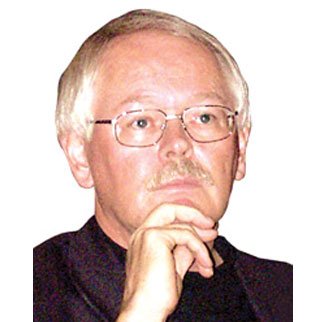
Fr. Ron Rolheiser
Ronald Rolheiser, a Roman Catholic priest and member of the Missionary Oblates of Mary Immaculate, is president of the Oblate School of Theology in San Antonio, Texas.
He is a community-builder, lecturer and writer. His books are popular throughout the English-speaking world and his weekly column is carried by more than seventy newspapers worldwide.
Fr. Rolheiser can be reached at his website, www.ronrolheiser.com.
The face of evil is all around us
We tend to be naïve about evil, at least as to what it looks like in everyday life.
Fr. Ron Rolheiser: Our struggle for proper celebration
We don’t know how to celebrate things as they’re meant to be celebrated.
Cry for help is a sign of being truly rich
A number of years ago I attended a funeral. The man to whom we were saying goodbye had enjoyed a full and rich life.
Commitment means killing off demons
In his autobiography, Eric Clapton, the famed rock and blues artist, writes very candidly about his long struggle with an addiction to alcohol.
Faith: Fruitfulness defines true success
There’s a real difference between our achievements and our fruitfulness, between our successes and the actual good that we bring into the world.
Faith: Finding fault starts with looking in mirror
There’s a famous billboard that hangs along a congested highway that reads: You aren’t stuck in traffic. You are traffic!
Faith: Rituals keep our lives on a steady course
I don’t always find it easy to pray. Often I’m over-tired, distracted, caught-up in tasks, pressured by work, short on time, lacking the appetite for prayer or more strongly drawn to do something else.
Faith: Youthful faith does not have to die
The complexity of adulthood inevitably puts to death the naiveté of childhood. And this is true too of our faith.
Faith: Separating the angel from the mammal
Several years ago Hollywood made a movie, City of Angels , about an angel named Seth whose job it was to accompany the spirits of the recently deceased to the afterlife.
Faith: Confessing both sin and praise isn’t easy
The mark of genuine contrition is not a sense of guilt, but a sense of sorrow and regret for having taken a wrong turn.

